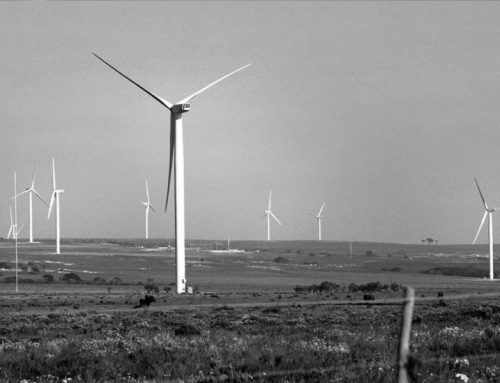Access to electricity is critical for Africa’s growth
According to the World Bank, in 2014 there were about 1.3 billion people without reliable power sources globally, most of them situated in Africa and Asia. This translates into 600 million people without electricity or about 70% of the population of sub-Saharan Africa.
Energy powers water supplies and telecommunication services and strengthens health care delivery. It can make the difference between life and death, between a prosperous society
with expanding opportunity, and one where people struggle with poverty and vulnerability.
Access to electricity can significantly increase household per capita income. It allows businesses to operate at higher levels of productivity and profitability and it can make a massive difference to farmers – especially important given that 80% of Africa’s economy relies on agriculture.

This means that energy investment is pivotal to achieving growth in Africa. There is growing consensus that, to make better progress toward full electrification, Africa will need to innovate. The continent’s phone systems provide a model. While older economies built centralised fixed line telephone networks first, Africa largely skipped that step with the rapid deployment of mobile telephone infrastructure, driven by entrepreneurial private sector companies. Africa’s energy networks may develop in a similar way, with renewable sources playing a leading role.
In developed countries, economic development has already taken place without those countries ever having had to consider the impact of their decisions on the environment. For developing countries in Africa in the full swing of industrial growth and social development, however, any restricting factor arising from environmental concerns is one that must be taken into account even if it serves as a source of frustration.
Responsible energy investment is about not only about the provision of electricity, it must also incorporate socio-economic development to ensure that electrification can realise its potential to make a real difference to the economy.






